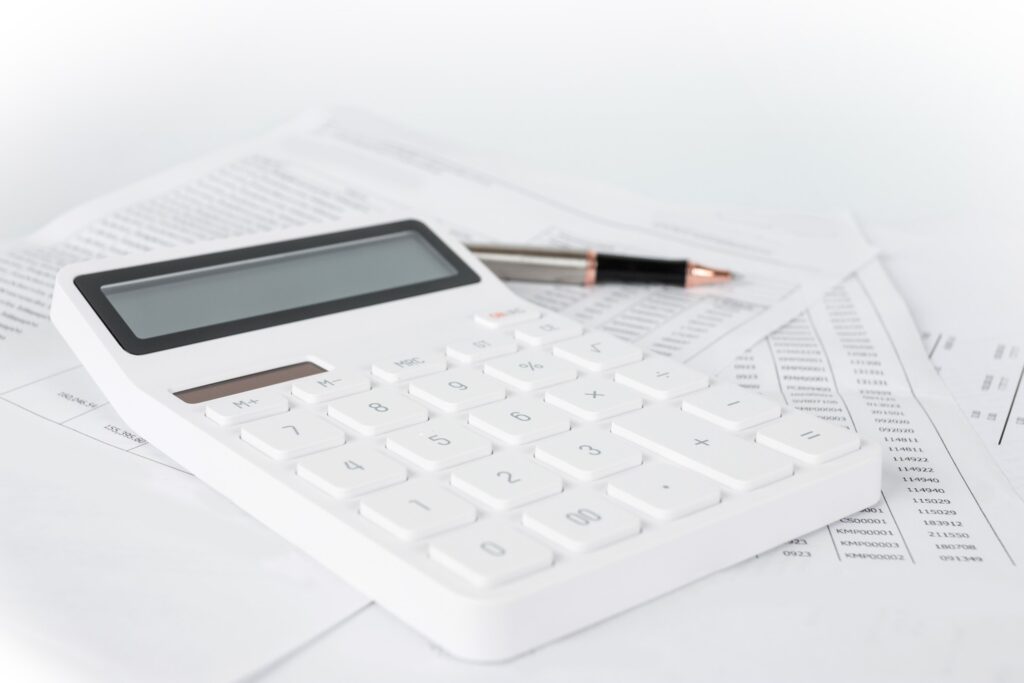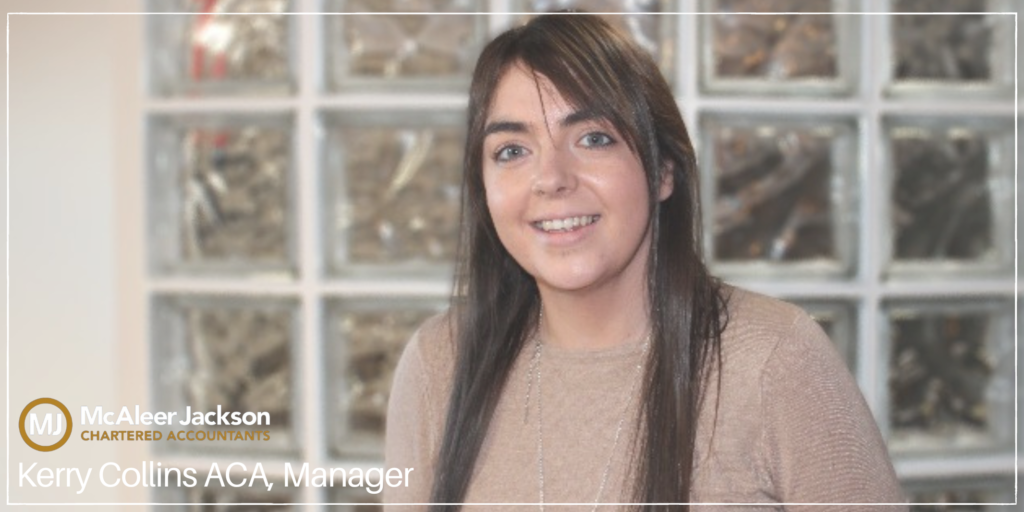Making Tax Digital for Income Tax

What is Making Tax Digital (MTD)?
Making Tax Digital (MTD) is the biggest tax overhaul since Self Assessment was introduced. HMRC’s aim with MTD is to create a more efficient and effective tax system in the UK. Since April 2022, all VAT registered business have been required to follow the MTD rules by keeping digital records and filing their VAT returns electronically using software.
What is Making Tax Digital (MTD) for Income Tax?
MTD for Income Tax is being introduced by HMRC in an effort to move away from the existing paper based processes towards a fully digital system. This scheme will replace the current system of annual Self Assessment tax returns and will change the way business owners and landlords report their income to HMRC.
Who does it apply to & when will it come into effect?
MTD for Income Tax will apply as follows:-
- Sole traders and landlords with a total business/property turnover above £10,000 per annum, will have to follow the MTD for Income Tax rules from 6 April 2024.
Sole traders and landlords with a total business/property turnover below £10,000 per annum, will have the option to continue using the existing Self Assessment system.
It is important to note that the £10,000 threshold applies to gross income or turnover (not profit) and applies to the total gross income if you have more than one trade or property business. For example, if you owned & operated two businesses and each had a turnover of £5,000, you would need to register for MTD for Income Tax and follow the legislation for all businesses.
For landlords, it is important to note that the MTD rules also applies to commercially rented property, furnished holiday lettings (FHL) and non-UK properties.
- Partnerships with individuals as partners, they will have to follow the rules from 6 April 2025.
For all other partnerships, such as those with corporate partners and limited liability partnerships, they are not required to join MTD for income tax on 6 April 2025 but will instead join at a later date, which is yet to be confirmed.
- Companies, HMRC have stated that MTD for Corporation Tax will not be mandated before April 2026 but it is expected before April 2030.
What is changing?
Those affected by the new legislation will be required to submit four quarterly updates about their business’s income and expenses. At the end of the tax year, they will also have to send an end of period statement (EOPS) and a final declaration.
Quarterly returns and an EOPS will be required for each business. For example, if an individual is a landlord and a sole trader, he or she must keep separate records and make separate submissions for each business. If income is received from multiple properties, then:-
- all properties located in the UK are treated as one UK property business.
- all properties located outside the UK are treated as one overseas property business.
The quarterly return periods and filing deadlines will be as follows:-
- 6th April to 5th July – filing deadline 5th August
- 6th July to 5th October – filing deadline 5th November
- 6th October to 5th January – filing deadline 5th February
- 6th January to 5th April – filing deadline 5th May
The EOPS for the year ended 5 April 2025 will be due by 31 January 2026.
An election can be made however to complete the returns on a quarterly calendar basis to align with the VAT quarters, and the filing dates will remain the same.
The EOPS will capture any year end adjustments required and calculate any tax reliefs the business may be eligible to claim, for example, prepayments, accruals and capital allowances.
The final declaration for the year ended 5 April 2025 will replace the current Self Assessment Tax Return, and will include all of an individual’s income, for example the self employment/rental income (as submitted in the EOPS) along with any other taxable income such as employment income, interest or dividends received.
The final declaration for the tax year ended 5 April 2025 has a filing date of 31 January 2026.
The tax payments due under the Making Tax Digital regime for the year ended 5 April 2025 will fall on the same dates that have applied under Self Assessment, as follows:
- 31 January for balancing payments;
- 31 January and 31 July for payments on account.
Who doesn’t need to apply MTD for Income Tax?
There will be limited exemptions from MTD for Income Tax for Individuals who are digitally excluded; Trustees, executors and administrators; and Foreign businesses of non UK domiciled individuals.
The exemption for taxpayers who are digitally excluded is available where it is not practical for them to use software to keep or submit digital records or where they are practicing members of a religious society or order whose beliefs are incompatible with using electronic communications or keeping electronic records. It will be necessary to make a claim for this exemption to apply.
Digital record keeping under the new rules
The underlying requirement of MTD for Income Tax is that individuals must keep records of business income and expenses in a digital format – either on a spreadsheet or by using accounting software such as SAGE or Xero or another HMRC compliant software.
The software must allow you to:-
- Create & store digital records for each of your business transactions. This must include the amount, date and category of the transaction;
- Send updates of the totals of your business income and expenses to HMRC every three months;
- Confirm end of period statements.
The quarterly returns will effectively be a summary of the income and expenses of the business for the quarter. The level of detail will be broadly the same as on the Self Assessment tax return. For those with a turnover less than the VAT registration limit however, only total income, total expenses and a profit figure will be required to be disclosed to HMRC.
The chosen software will also tend to have the capacity to make the final declaration to HMRC, although the final declaration may also be made through an individual’s HMRC online services account.
As the final declaration captures all taxable income that would currently be entered on a Self Assessment tax return, including the claims for available tax relief, we expect that discerning individuals will typically arrange for the final declaration to prepared by a specialist, such as those in the McAleer Jackson team, to ensure tax liabilities are managed and mitigated where possible.
HMRC have prepared a list of software that is compatible with MTD for Income Tax which will be updated as more providers meet the requirements: https://www.gov.uk/guidance/find-software-thats-compatible-with-making-tax-digital-for-income-tax
Despite the move to digital record keeping, individuals will still need to keep relevant paper business records for example, receipts, invoices, bank statements and any other evidence required to support up the information that’s been submitted through MTD.
The benefits of MTD for Income Tax
Whilst the changes to the filing of tax information are significant, the increased use of software in a business’s accounting and reporting function should have the following benefits:-
- Increased visibility for tax planning – with quarterly returns, tax liabilities can be estimated and planned with greater accuracy and the necessary cashflow can be set aside to meet the liabilities.
- Regular check ins (at least quarterly) with the McAleer Jackson team to review the business’s performance and financial position can result in better, more timely business decisions.
- Increased cash flow visibility.
- Reduction of administrative tasks through automation of those tasks, such as implementing automated bank feeds to assist with bank reconciliations.
- Greater accuracy and fewer human errors by implementing improved automated processes.
In conclusion
Although April 2024 may seem a long time away, we would advise that individuals and business owners start the digitalisation process as soon as possible to avoid any issues. New software should be implemented and up and running well in advance of the legislation date to allow for adequate training, and for any new processes to settle in well before the submission deadlines.
For any queries on Making Tax Digital for Income Tax, or for advice on software options that suit your business, contact Kerry Collins or the McAleer Jackson team who are on hand to advise you on your specific needs and assist you with the move.

The above article is for general guidance and informational purposes only and is not intended to constitute legal or professional advice. It should not be taken as specific advice for your own circumstances and relied upon. You are advised to take professional advice before taking any action in relation to the above matters.
Recent Posts
- Director-shareholder loan account issues 28 March 2024
- McAleer Jackson My Journey Apprenticeship evening 23 November 2023
- Basis Period Reform 9 May 2023
- VAT Penalty Regime 21 March 2023


